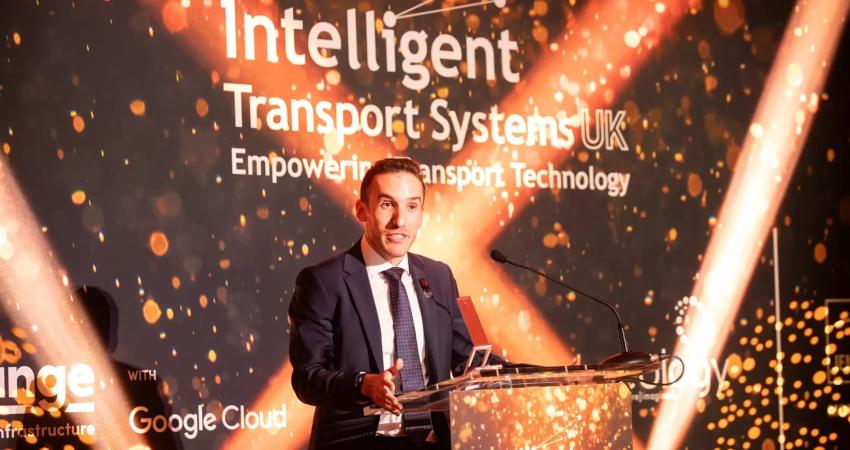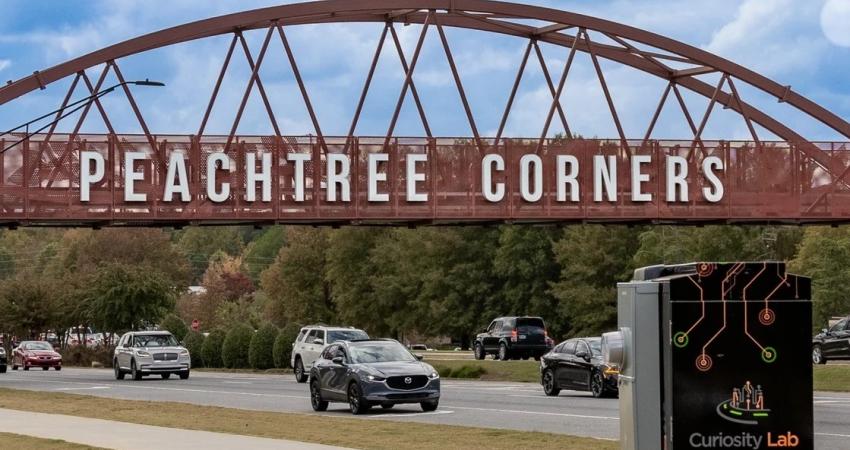The Governors of Colorado, Utah and Nevada are to work together over the next year to develop complementary plans for building an electric vehicle charging network across key highway corridors in their states.
The corridors will include Interstates 70, 76 and 25 across Colorado; Interstates 70, 80 and 15 across Utah; and Interstates 80 and 15 across Nevada. In total, the charging network will connect more than 2,000 miles of highway.
This regional electric charging station network aims to address rang
The Governors of Colorado, Utah and Nevada are to work together over the next year to develop complementary plans for building an electric vehicle charging network across key highway corridors in their states.
The corridors will include Interstates 70, 76 and 25 across Colorado; Interstates 70, 80 and 15 across Utah; and Interstates 80 and 15 across Nevada. In total, the charging network will connect more than 2,000 miles of highway.
This regional electric charging station network aims to address range anxiety, the concern that recharging may not be available for long-distance travel or trips outside of major cities. The electrification of major regional corridors is expected to facilitate the vehicle market transformation and allow smaller communities to connect to the regional system.
All three states have electric vehicle market potential. Colorado offers a US$5,000 tax credit on electric vehicle purchases and has nearly 8,000 electric vehicles on the road in Colorado today, compared to less than 100 in 2011. It has also already begun building charging stations through the Charge Ahead Colorado program.
Utah currently ranks seventh in the US for electric vehicle adoption and recently unveiled its Mighty Five Corridor initiative, while Nevada is ranked 13th in the nation for electric vehicles, with 2,104 electric vehicles and 31,937 hybrid vehicles registered in the state. It has a goal to complete an electric highway system serving the entire state by 2020.
The corridors will include Interstates 70, 76 and 25 across Colorado; Interstates 70, 80 and 15 across Utah; and Interstates 80 and 15 across Nevada. In total, the charging network will connect more than 2,000 miles of highway.
This regional electric charging station network aims to address range anxiety, the concern that recharging may not be available for long-distance travel or trips outside of major cities. The electrification of major regional corridors is expected to facilitate the vehicle market transformation and allow smaller communities to connect to the regional system.
All three states have electric vehicle market potential. Colorado offers a US$5,000 tax credit on electric vehicle purchases and has nearly 8,000 electric vehicles on the road in Colorado today, compared to less than 100 in 2011. It has also already begun building charging stations through the Charge Ahead Colorado program.
Utah currently ranks seventh in the US for electric vehicle adoption and recently unveiled its Mighty Five Corridor initiative, while Nevada is ranked 13th in the nation for electric vehicles, with 2,104 electric vehicles and 31,937 hybrid vehicles registered in the state. It has a goal to complete an electric highway system serving the entire state by 2020.








